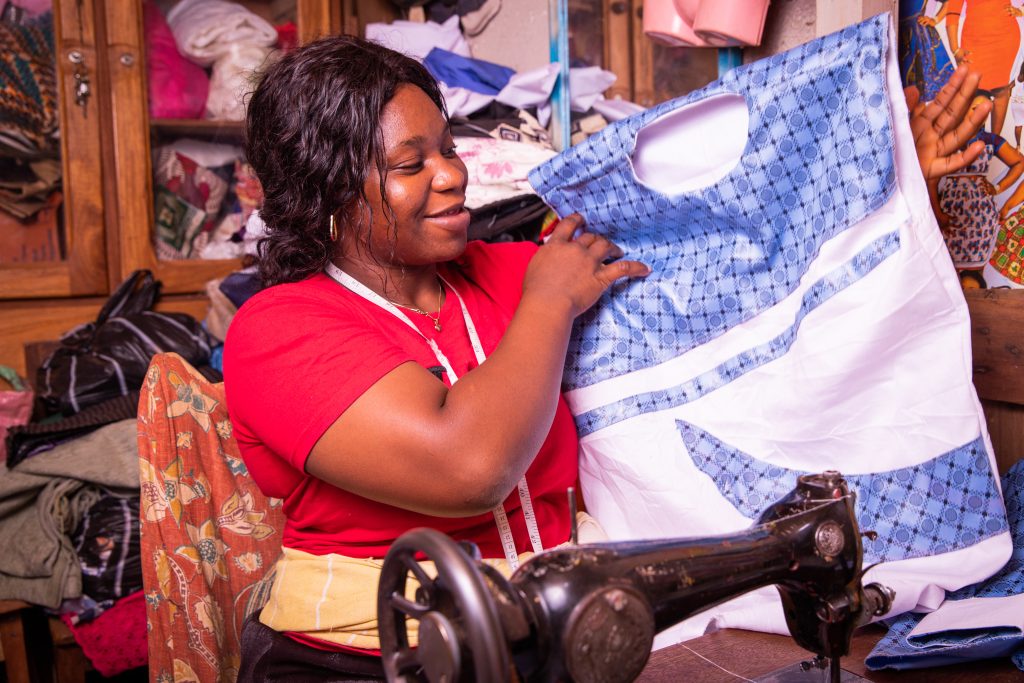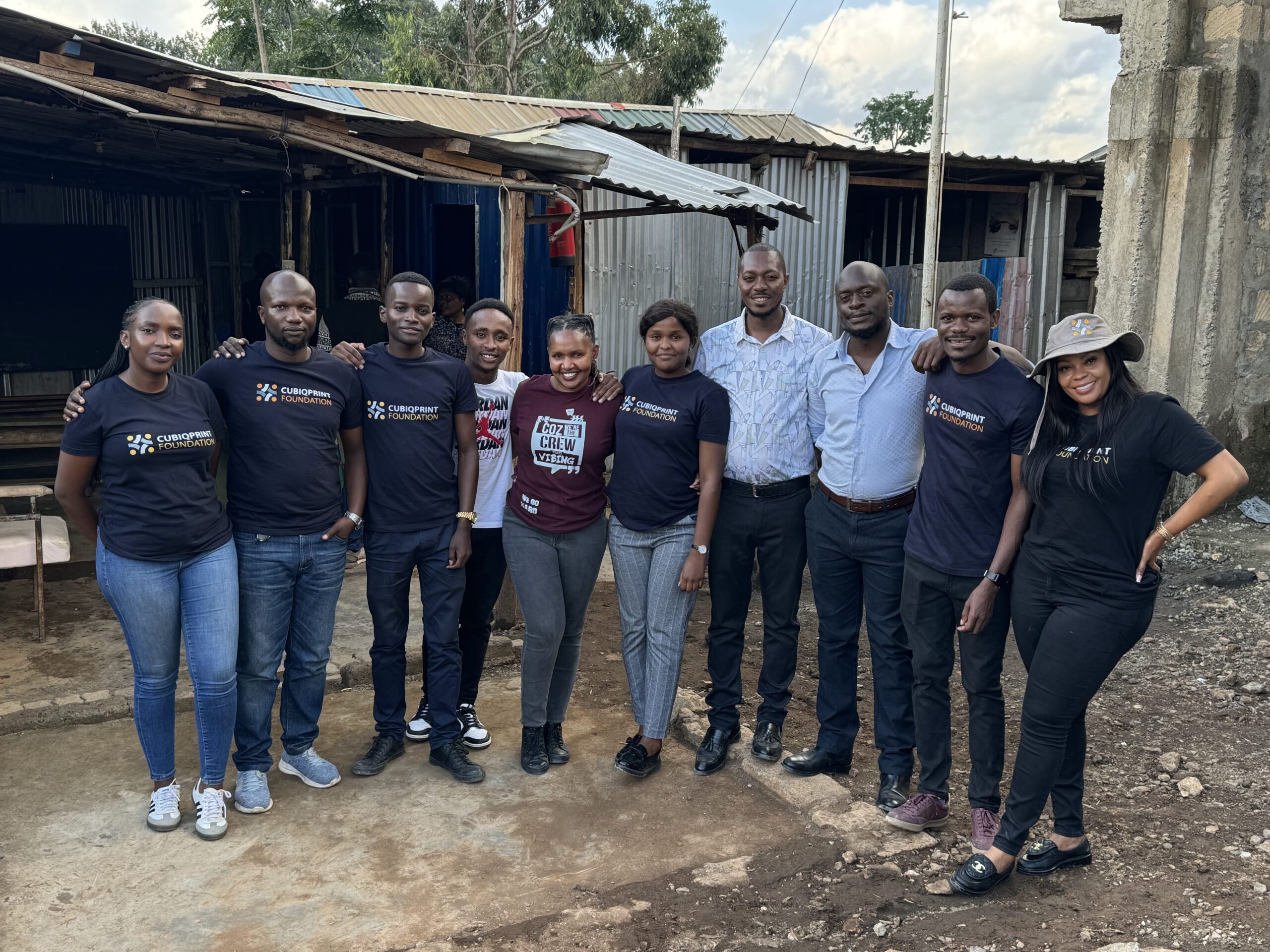Breast cancer remains a significant health challenge in Kenya, affecting thousands of women each year. Despite advancements in medical research and increased awareness campaigns, the burden of breast cancer continues to be a cause for concern.
According to the Kenya Cancer Registry, it is estimated that over 5,000 new cases of breast cancer are diagnosed annually in the country. The incidence rate has been steadily increasing over the years, breast cancer now accounts for approximately 30% of all cancer cases among women in Kenya.
Unfortunately, breast cancer is often diagnosed at later stages in Kenya, leading to reduced treatment options and poorer outcomes. Limited access to healthcare facilities, lack of awareness about breast cancer symptoms, and cultural beliefs are some of the factors contributing to delayed diagnosis and treatment.
While certain risk factors for breast cancer, such as age, genetics, and family history, cannot be changed, there are several lifestyle modifications that individuals can adopt to reduce their risk.
Let’s explore the various ways to reduce breast cancer risk:
- Regular Breast Self-Exams And Clinical Breast Exams:
Perform monthly breast self-exams to become familiar with your breast tissue. Report any changes to your healthcare provider promptly.
Also, have regular clinical breast exams by a healthcare professional, typically during your annual check-up. They can help detect any abnormalities early.
- Mammograms:
Follow your healthcare provider’s recommendations for mammograms. Mammography is a crucial tool for the early detection of breast cancer, especially for women over the age of 40.
- Healthy Diet:
Consume a balanced diet rich in fruits, vegetables, whole grains, and lean proteins. Limit or avoid processed and red meats. Some studies suggest a diet high in fruits and vegetables may reduce the risk of breast cancer.
- Limit Alcohol:
Limit alcohol intake, as excessive alcohol consumption has been linked to an increased risk of breast cancer. If you drink, do so in moderation.
- Maintain A Healthy Weight:
Being overweight or obese is associated with a higher risk of breast cancer, especially after menopause. Regular physical activity and a well-balanced diet can help you maintain a healthy weight.
- Physical Activity:
Engage in regular physical activity. Aim for at least 150 minutes of moderate-intensity exercise or 75 minutes of vigorous-intensity exercise per week. Exercise can help reduce the risk of breast cancer and improve overall health.
- Breastfeeding:
If you have the opportunity, breastfeed your baby. Some studies suggest that breastfeeding may reduce the risk of breast cancer.
- Reduce Environmental Toxins:
Be mindful of environmental factors that may contribute to breast cancer risk. Limit exposure to pesticides, toxins, and radiation whenever possible.
- Genetic Counseling And Testing:
If you have a family history of breast cancer or carry the BRCA1 or BRCA2 gene mutations, consider genetic counseling and testing. Knowing your genetic risk can help you and your healthcare provider make informed decisions about your healthcare.
- Stress Management:
Chronic stress can affect overall health. Practicing stress-reduction techniques like meditation, yoga, and mindfulness can be beneficial.
In conclusion,
Breast cancer is the most common cancer among women worldwide, and early detection is key to survival. That’s why is working to raise awareness of breast cancer and its risks in all communities. By joining Cubiq Print Foundation, you can help us make a difference in the fight against breast cancer.
Together, we can make a difference in the fight against breast cancer. Join Cubiq Print Foundation today!
Visit our website: Cubiq Print Foundation to learn more and get involved.
We are stronger, together.







